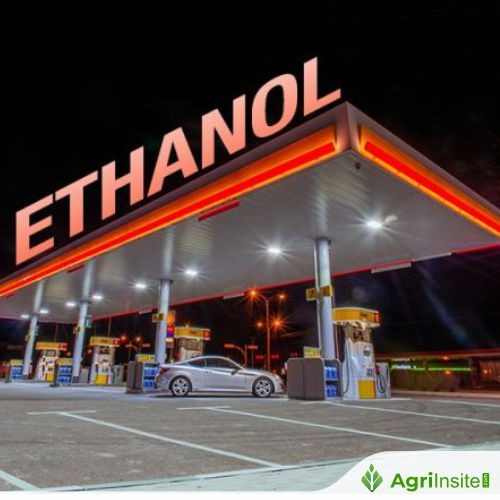Ethanol boost: New CAFE 3 norms to encourage customer adoption of flex fuel and electric vehicles

India plans CAFE 3 norms to boost EVs and flex-fuel cars, cut crude imports, reduce emissions, and promote ethanol use.
The government is working on a new version of the Corporate Average Fuel Efficiency (CAFE) regulations, called CAFE 3 norms, that will support not only electric vehicles (EVs) but also flex fuel cars that use ethanol blends, Union Transport Minister Nitin Gadkari said at an Economic Times Roundtable on Thursday.
This initiative is aimed at decreasing India’s reliance on crude oil imports, lowering vehicular emissions, and encouraging the use of domestically produced ethanol.
CAFE norms set targets for the average carbon dioxide (CO2) emissions per kilometer for all passenger vehicles sold by a manufacturer within a year. These regulations are designed to push automakers towards offering more fuel-efficient vehicles. The current version, CAFE 2, remains in effect until March 2027. The new standards, CAFE 3, are scheduled to take effect from April 2027.
At present, the CAFE regulations favor electric vehicles, but this is set to change.
“The existing CAFE norms focused primarily on EVs,” Gadkari said. “The upcoming CAFE 3 norms will provide equal emphasis on both electric and flex-fuel vehicles.” Flex-fuel vehicles use a mix of petrol and ethanol, India currently supplies E20 fuel, which is 20% ethanol and 80% petrol.
A high-level meeting on Wednesday, involving officials from the Ministry of Road Transport and Highways, the Ministry of Power, and the Principal Scientific Adviser, reviewed the draft version of CAFE 3. Industry stakeholders were also consulted earlier this month.
Why the New Norms Matter
Under the current CAFE 2 guidelines, all passenger vehicles under 3,500 kg—whether powered by petrol, diesel, CNG, hybrid, or electricity—must maintain average CO2 emissions below 113 grams per kilometer, averaged across the company’s entire fleet.
The challenge is that ethanol has a lower energy density than petrol, meaning more ethanol needs to be burned to cover the same distance. This can result in higher emissions per kilometer, despite reducing oil imports.
To address this, Gadkari revealed that the government is exploring a Russian technology that enhances the energy output of ethanol, aiming to make it perform on par with petrol. The broader vision is to eventually enable cars powered entirely by ethanol.
Gadkari also mentioned that India is preparing for Euro VII-level emission norms. He pointed out that initial resistance to implementing BS-VI norms in 2020 was successfully overcome, and India now enforces some of the world’s strictest emissions standards.
Regarding the ban on older petrol and diesel vehicles in the National Capital Region (NCR), Gadkari said the matter is best handled legally. He added that converting older vehicles to run on CNG is a financially sound alternative.
The Delhi government has the authority to restrict high-pollution vehicles to protect public health. Currently, as per a National Green Tribunal order upheld by the Supreme Court, petrol vehicles older than 15 years and diesel vehicles over 10 years are prohibited in the NCR.
To Read more about Ethanol Industry & Bio Energy News, continue reading Agriinsite.com
Source: ChiniMandi











